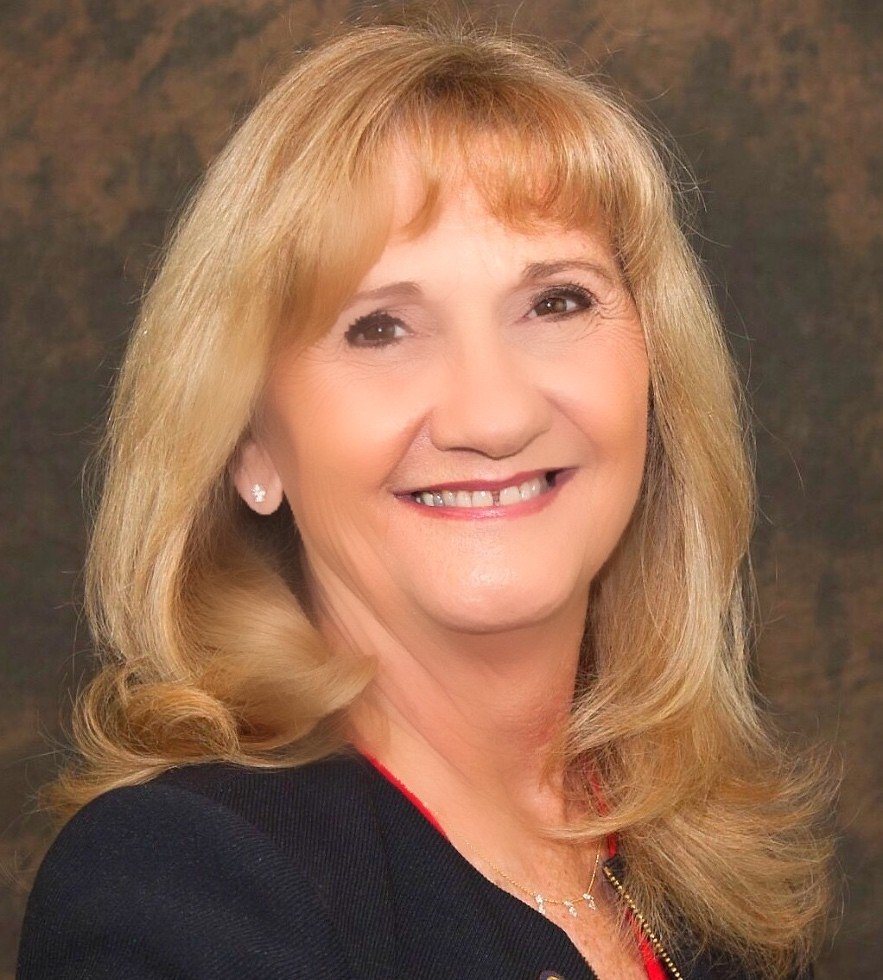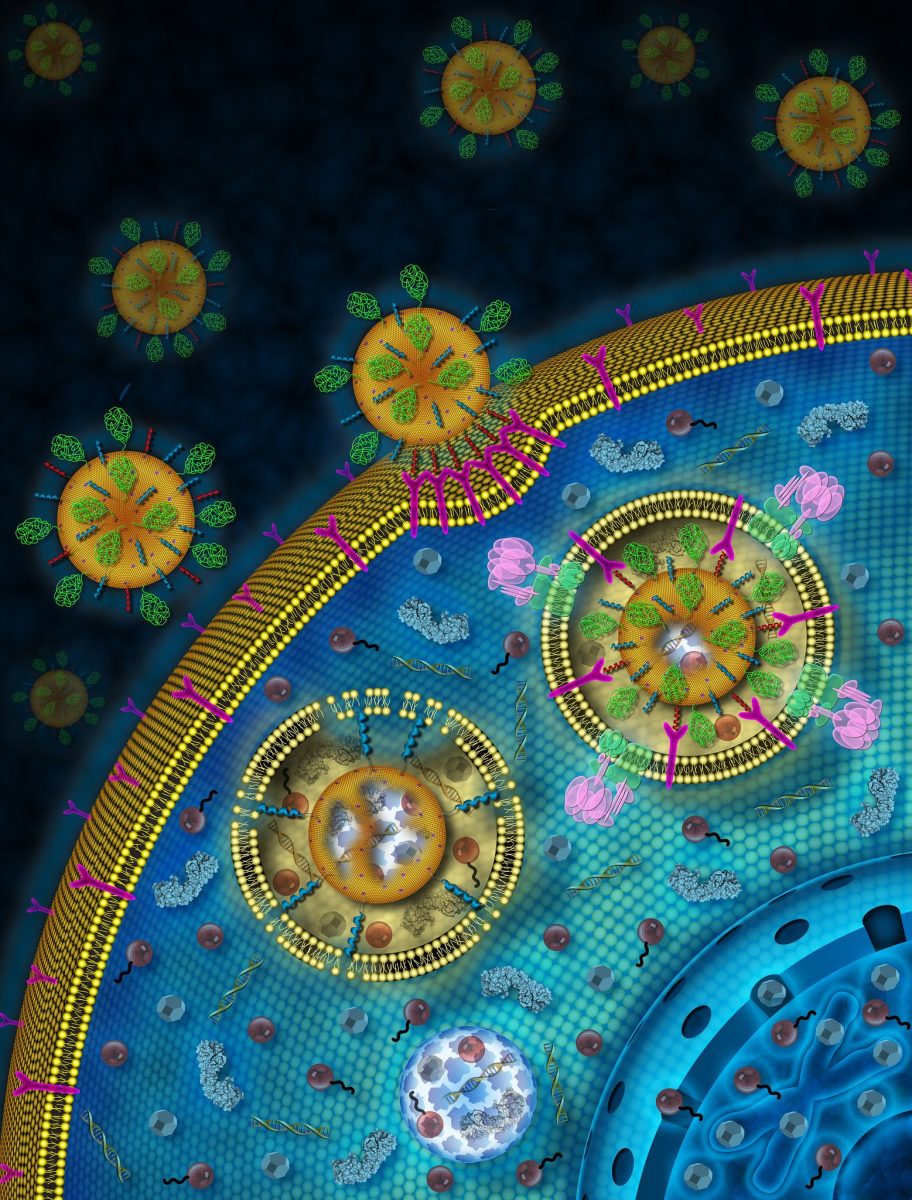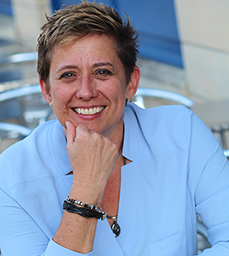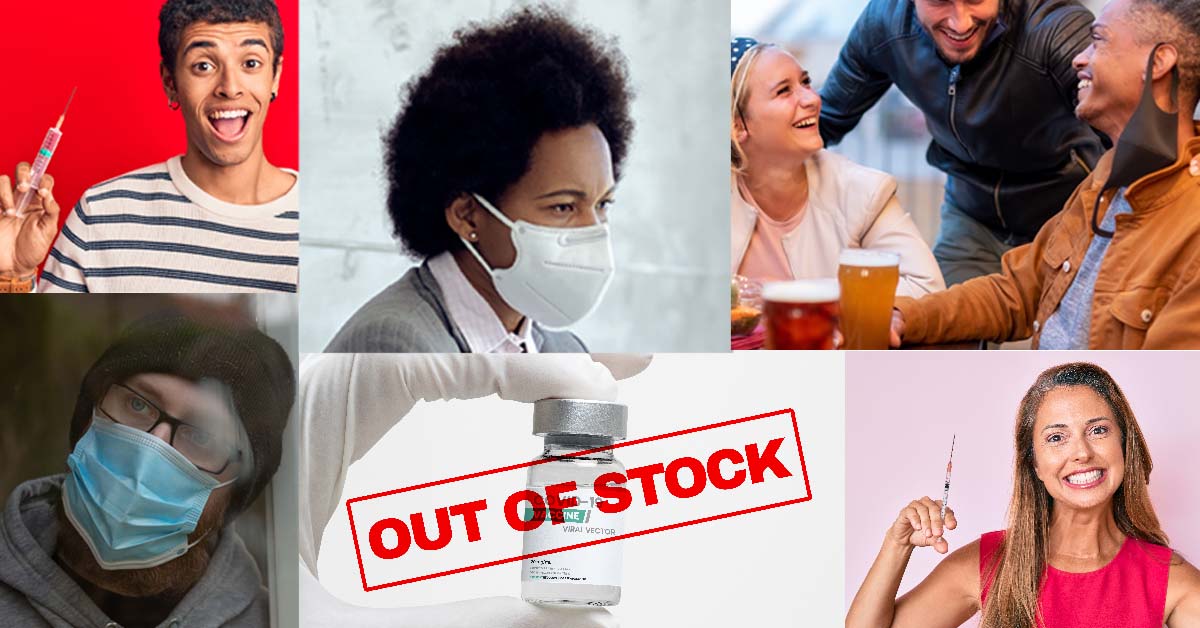We are now deep in the throes of pervasive vaccine inequity. No clearer illustration exists than a new suggestion floated to help boost the economy.
“Restaurants and nightspots, hold an open night for the vaccinated!” suggested one heretofore trusted voice. “Entry allowed for anyone who can present proof of vaccination! Come on in, help restart the economy, show the world the benefits of getting vaccinated!”
The rest of you? You are not invited.
If you’re eligible to get an appointment and just can’t …. If your work schedule doesn’t allow you to check the internet five or 10 times a day ….. If you’re uninsured and have been too busy earning a living to explore the free medical clinics and other aid available to you …. If you’re not able to travel an hour (or three) where vaccinations are available in your state … if you don’t have powerful or connected friends or relatives who can help you skip all the rigamarole … if you’re not even eligible to get vaccinated yet and have no idea when you will be …. too bad for you.
The party is starting without you.
All across this country, every expression of joy at someone or their friend or their relative getting their vaccination is accompanied by two or more tales of someone who’s still nowhere close to getting theirs. It is fast developing into a virtually-expressed, soft-shoed version of “dog eat dog” out there.You literally cannot glance at Facebook, or have a casual COVID-related conversation, without getting at least a few tastes of the angst.
Cedar Rapids’ Gazette began calling vaccination a version of “The Hunger Games” a month ago. in Des Moines, aa planned vaccine expansion is delayed because demand is so much greater than supply. Teachers in Chicago can’t find the doses needed. Rockford, Ill., doesn’t have enough doses to keep up with the public’s demand. Michigan and Indiana are struggling. Rural pharmacies have been asking for vaccines for weeks and many are still waiting. Illinois’ public health departments aren’t even getting enough doses.
Specific stories of privilege are popping up around the country; in Illinois, a group of 1,500 university employees including. basketball coaches received their vaccinations out-of-turn and blamed it on confusing state guidelines, although common sense might have clued them in that they were exploiting their privilege. Back in my former home state of Florida, a County Commissioner created not one, but two exclusive lists involving her personal connections and/or “coincidences” of wealth or power. Outrage circulated when both Iowa and Illinois moved current and former smokers up the list of vaccine eligibility.

Already, the vaccine shortfall has transformed into talk of a shortfall of the lipid nanoparticles needed to make vaccines. And then there is the over-arching imbalance between Blacks and People of Color, who are receiving vaccinations at less than half the rate of white people.. Middle-aged white women have greater access to vaccination than everyone else — partly because they are over-represented in education, health care, and the other high-priority vaccination industries.
I am not among the white women with easy access to vaccination. Diagnosed decades ago with asthma and then COPD, with a life-long history of kidney issues … I am eligible in my state of Illinois, but appointments are unavailable anywhere in the state for days, according to at least five different possibilities (Hy-Vee, Jewel-Osco, Walgreen’s, the county health department, and my healthcare provider).
Though I check lists and clinics many times a day, it’s almost impossible to catch the rare opening. One day a clinic is full; the next day a new one is announced for the following week and filled within an hour. Twice yesterday, I spotted clinic openings because of cancellations; within the 30 seconds I took to fill out the sign-up, both appointments were filled, both times.
Confession: I hesitated a few seconds each time, paralyzed with guilt over the possibility that I was taking a needed spot from someone who did not have the luxury I have of working out of my home, or from a grocery store worker who was newly eligible. I hesitated, because I realize my situation is far more bearable than so many.
That early child-care worker for a private institution, left unvaccinated by the system only to then contract a late case of COVID from a baby. The hair stylist, massage therapist, tattoo artist who can’t get on a list. The retail workers for small businesses who have no idea when they’ll get their shots. The partner of the healthcare worker who doesn’t qualify like their spouse. The member of one college department who has more contact with students than that other department that already got vaccinated. The 80-year-old who’s still trying to get an appointment while they hear about all their neighbors, 20 to 40 years younger, already vaccinated.
The levels of coping are so vast, so overlapping … none of us can know just what our neighbors, colleagues, Facebook friends are dealing with — including those who are celebrating their vaccination.
Case in point: a friend of mine vaccinated a month ago has to cope repeatedly with anger from her work colleagues as they wait for their “jabs.” My friend is experiencing full-out survivor’s guilt, not unlike the lone survivor of the plane crash that killed everyone else on board, or the one kid who was able to hide in the broom closet.
This might be the best time to ask those who are vaccinated: time for a tone check.
Early on, we needed to hear and see people glorying about their vaccinations. Urgently. We needed to offset the anti-science propaganda of our former President, and his inattention to the years of medicine-based suspicion that BIPOC people rightly have. We needed you to share your joy at vaccination, at moving closer back to “normal,” at being able to hug and kiss and travel and hang out with your other vaccinated friends. We needed the carrots you were dangling, and some people still do. We needed you to to cajole, lecture, or strongly encourage us all to “go get yours.”
But this pandemic shifts quickly. And it has again. It’s not that simple anymore. And we need a new tone.
A popular meme about COVID compares its death toll to the 3,000 or so that died on 9-11 and asks why we are not grieving proportionately. The same could be said now for the stage of vaccination distribution we are in: please let us not forget that hundreds of thousands of people have died, while we get to survive. Tens of thousands will still die while they wait for this wonderful feeling of vaccination that is now commonly celebrated on social media and in conversation.
So, hearkening back to survivors’ guilt: at this time, it’s worthwhile to consider the best tone one might strike if they’d survived a more tangible and visible mass incident. If you survived a plane crash, or a shooting …. how would you choose to express gratitude and your feelings about the future? A few weeks ago, publicly joying in your vaccination was a public service. Today, even dropping a note about how you got that appointment — let alone that first or second shot — will be like a poke at someone out there who hasn’t been able to get through for days or weeks.
If you’re among those waiting indefinitely for your vaccination, you need to dig deep for sensitivity, too. I’m there with you; we need to constantly remind ourselves that everyone who glories in their vaccination is also coping. They, too, need understanding and time to adjust to the changing reality. A decent percentage of them are health care workers or teachers who put their lives at greater risk than us in some way over the past year.
And chances are they, too, are deep down aware they now possess a certain privilege. Chances are they’ve second-guessed at least one comment or post they’ve made, to someone or somewhere, about that cool vacation they can now take, or the visit to Grandma and Grandpa they can now have, or the kissing and hugging they can now enjoy.
Every single one of them carries a little survivors’ guilt somewhere, even if they don’t admit it. They know that their post or comment may feel hurtful to someone, somewhere; they are learning. This situation is new to them, too.

But let’s not lose sight: those awaiting vaccination, which will be the vast majority of us for months ahead, are facing greater emotional AND physical jeopardy than ever before in this pandemic. As more people get vaccinated and the momentum to “normal life” builds and builds (prematurely once more), those of us not yet protected by vaccination must still rely on social distancing, masking, our own judgment — and most of all the good judgment of everyone else around us.
This is our grand opportunity to practice real empathy, the unconditional kind that is not “attached” to anything we can see or sense, that is unrelated to the color of our skin, our ethnicity, sexuality, gender identity, income level, body weight, or even health condition. You can’t just look at someone and know whether they are “vaccinated,” or “unvaccinated,” or desperately wanting the vaccine, or fearful of it, or guilty that they already got it. You have no idea what they are coping with, and why. This is the time we need to be aware of the very root of all privilege, including white privilege. We need to carry empathy for people even though we cannot possibly, personally, know with what they are coping, what they have endured, and what they have experienced.
We also need to apply another lesson that Black activists have been trying to teach us. “Don’t ask us to do all the work for you in understanding the history of white supremacy,” many have said during 2020’s unrest over systemic racism. “Do some work yourselves. Be more aware. Pay closer attention.”
Same to the vaccinated. Place yourself more in the shoes of those who desperately want a vaccine but can’t get it for another several weeks or months, because for a while, that’s most of us. When you write to celebrate your vaccination and encourage others to get theirs, if there is ANY way you can simultaneously offer up a nod to the more common situation, which for a brief time will be extreme vaccine inaccessibility … what a great way to practice unconditional empathy. What a great exercise in being aware of others’ struggles even if you can’t directly know exactly what they are struggling with. That deep-rooted, unconditional type of empathy will help feed the renewed sensitivity and awareness we need to tackle systemic racism.
And if you’re one of those folks coping with waiting, fighting down that occasional panic over whether you’ll get lost in the vaccination shuffle …. we also have a higher calling here. Our challenge is two-fold: to find empathy for that vaccinated person no matter how much their post or comment felt like gloating about the golden ring you can’t yet even reach for …. and then to tell ourselves, it will be OK. Life is unfair sometimes, or can seem unfair when the stakes are especially high. We have no choice but to find our own sense of contentment and faith that the universe truly is working with us all, even if it’s not on our preferred time schedule, and even in the face of human bureaucracy.
This is truly the toughest time of all. Most of us are coping with emotions we don’t even fully understand, let alone express. We’re all dealing with some mish-mash of the baddies: shame, pride, regret, resentment, uncertainty, sadness, anxiety … even if we don’t know it. We’re ALL going through some version of it.
So …. Let’s reach for that new tone. Maybe a little less “look at how wonderful life is now that I’m vaccinated.” A little more “how can I help people find their vaccination opportunity” and “how can I help ensure my unvaccinated friends and neighbors still are safe and feel safe?” We’ll have to dig deep for this complex, often intangible form of empathy and co-existence we need right now.
But we can do it — and what we learn about empathy, contentment and sensitivity will serve us long past the point of “herd immunity through vaccination” that is coming later this year.
Subtly, boldly, in conversation, on Facebook and social media, and most of all in the thoughts we have that no one knows, but that affect our every decision each day …. let’s rise to this last, greatest challenge of the COVID era.



